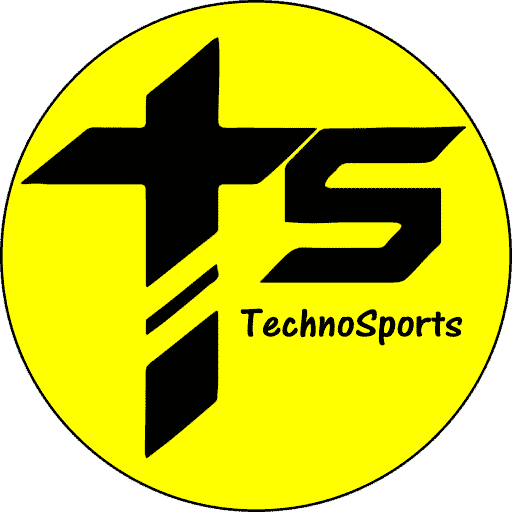On the 12th of April, U.S. President Joe Biden had a video conference with leaders of 19 semiconductor companies. Two days later, the Taiwan Semiconductor Manufacturing Company (TSMC), announced that it would sever its business relationship with Chinese client Phytium. With both TSMC and Intel working more closely than before with the administration, Samsung Electronics’ burden for supplying chips is mounting.
Phytium is a Chinese CPU design company, whose CPUs are used by supercomputers run by military-related institutions in China. Phytium does not have its own manufacturing facilities. According to Business Korea, Phytium “is one of the seven Chinese institutions and enterprises on the blacklist of the United States Department of Commerce, which remarked on April 8 that Chinese supercomputers were used for anti-U.S. military activities.”
TSMC CEO Believes Chip Crunch Situation will Improve Significantly for the Automotive Sector by Next Quarter
The supply crunch of automotive chips, which began at the beginning of this year, has already affected top automakers including Volkswagen, GM, Ford, Toyota, Stellantis, and Hyundai Motor. The scope of the impact is still expanding and there is still no obvious sign of easing. According to IT Home, Nissan has also been affected and its Japan factory will significantly reduce production next month.
Addressing the tight situation of automotive chips requires strong support from chip substitutes, and the world’s largest chipmaker, TSMC, announced in January that it would provide capacity support to automotive chip suppliers as a top priority.
TSMC CEO Wei Zhe Jia, on a conference call with analysts in the first quarter, talked about the supply shortage of automotive chips.
“Starting in 2018, the global auto market will be weak, and after 2020, the outbreak will hit the auto market again, affecting the automotive supply chain, where customers have been cutting orders until the third quarter of last year, but orders suddenly resumed in the fourth quarter,” Mr. Wei said on a conference call with earnings analysts.
He also mentioned that his company was doing its best to support customers in the wake of the shortage of automotive chips. And a top priority was to provide capacity support for automotive customers. Since then they have worked with customers in other areas to reallocate fab capacity, however, a sudden snowstorm in Texas and sudden disruption of Japanese factories have added to the tight supply of auto chips.
According to IT Home, “Wei said at the meeting that with the resumption of production by other manufacturers, coupled with increased production capacity, they expect the shortage of automotive chips to improve significantly in the next quarter.”
TSMC Chairman and President’s 2020 salary up by 44%

TSMC’s operations hit a new record high last year, and the annual salaries of Chairman Liu Deyin and President Wei Zhe’s family saw an increase of 44% rising to T$422 million (14,879,720 USD), caixin reported.
Thanks to growth in smartphones, high-performance budgets, the Internet of Things (IoT), and consumer electronics platforms, TSMC’s total revenue rose a record 25.17 percent last year. Its 2020 financial results show that the company reported consolidated sales of T$1.339 trillion (approximately 47,213,140,000 USD).
The start of 2021 has been no less Specifically, its Q1 sales are up 16.7 percent from a year ago. Its Q1 operating profit is estimated at 36.6 percent of the sales. According to industry sources, this is because U.S. clients, accounting for 60 percent of TSMC’s client base, including Apple, Nvidia, AMD, and Qualcomm, increased their orders in that period.
“Most TSMC clients are in the United States and the company has no manufacturing facilities in China,” one of the sources mentioned, according to Business Korea. “In contrast, Samsung Electronics and SK Hynix have large memory chip plants in China and this is why they are hesitating to side with the United States, unlike TSMC.”




